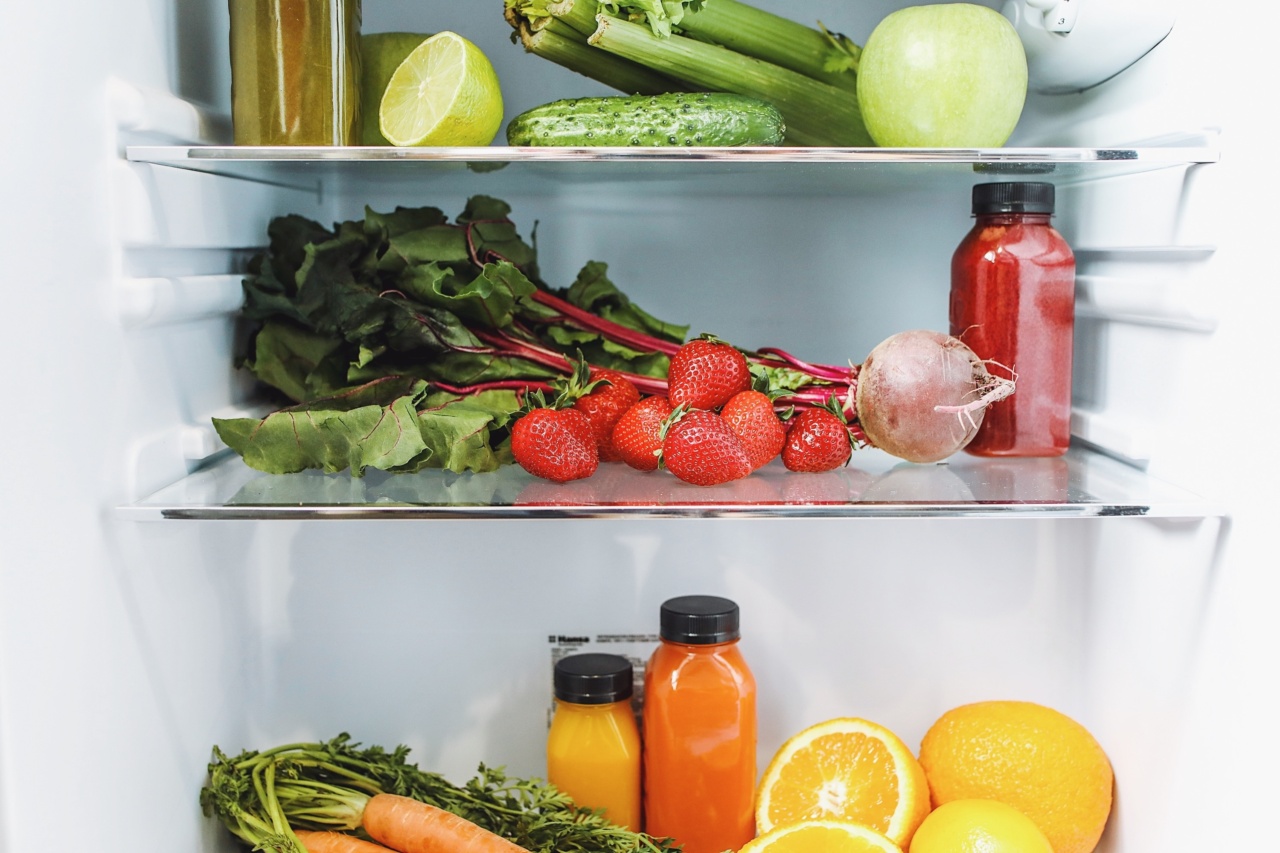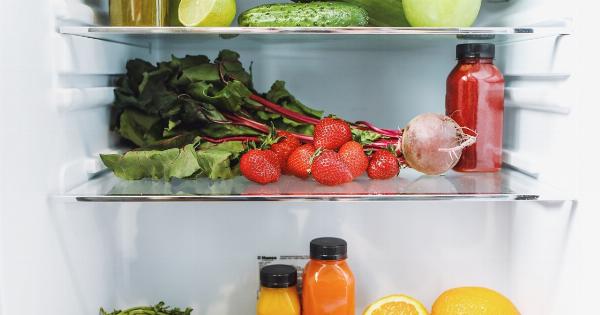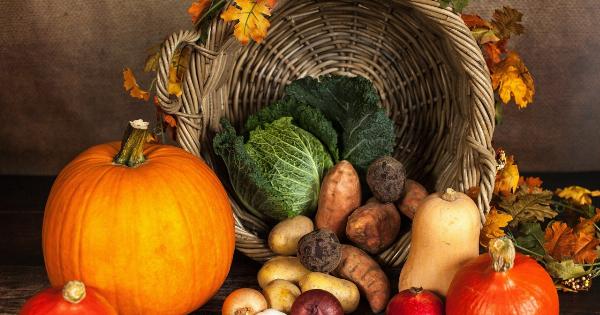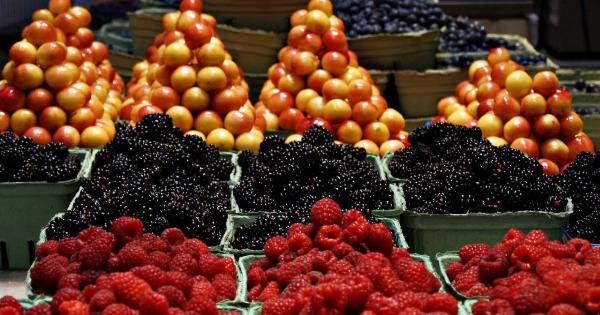The number one rule when it comes to refrigerating fruits and vegetables is to do your research. Some fruits and vegetables thrive in cold temperatures while others will deteriorate much faster.
Here is a list of fruits and vegetables that should not be refrigerated:.
Bananas
Bananas are a fruit that should not be stored in the refrigerator. The fridge can disrupt the ripening process and cause the banana to turn brown. It’s best to keep bananas on a fruit bowl or in a pantry.
If you want to slow down the ripening process of the bananas, you can wrap plastic wrap around the stems.
Tomatoes
Tomatoes should be stored at room temperature and not in the refrigerator. When tomatoes are stored in the fridge, their texture and flavor can be compromised. They tend to get mushy and lose their natural flavor.
If your tomatoes are not ripe yet, you can place them in a paper bag with an apple or a banana to help speed up the ripening process.
Onions
Onions should be stored in a cool, dry place such as a pantry or a drawer. If you store onions in the refrigerator, they may become soft and moldy. Onions also have a strong odor that can permeate other foods in the refrigerator.
Potatoes
Like onions, potatoes should be stored in a cool, dry place such as a pantry or a drawer. When potatoes are stored in the refrigerator, the starches in the potatoes turn into sugar, which can lead to a sweeter and grittier texture when cooked.
Potatoes should also be stored away from onions as they can release gases that can cause both vegetables to spoil faster.
Garlic
Garlic should be stored in a cool, dry place such as a pantry or a drawer. Keeping garlic in the fridge can cause it to sprout and become rubbery. When garlic is stored in a damp environment, it can also cause the cloves to become moldy.
Berries
Berries such as strawberries, raspberries, and blueberries should not be stored in the refrigerator until they are washed. Moisture can cause berries to mold and become soft. Store berries in a dry container and wash them right before using them.
If you have leftover berries, you can also freeze them for later use.
Melon
Whole melons should not be stored in the refrigerator until they have been cut open. Keeping a whole melon in the fridge can cause the flavor and texture to be compromised.
It’s best to store whole melons in a cool, dry place until it’s time to eat them.
Basil
Basil should not be stored in the refrigerator as it can wilt quickly when exposed to cold temperatures. Instead, store basil in a vase of water like you would flowers. Trim the stems and change the water daily.
If you need to store basil for longer periods of time, you can also freeze it or make pesto which can be stored in the refrigerator for up to a week.
Avocado
Avocados should not be stored in the refrigerator until they are ripe. Once the avocado is ripe, it can be stored in the fridge for a few days.
When avocados are stored in the fridge before they are ripe, they will not ripen properly and can become rubbery. If you need to speed up the ripening process of the avocado, you can store it in a paper bag with an apple or a banana.
Cucumbers
Cucumbers should not be stored in the refrigerator for an extended period of time as they are sensitive to cold temperatures. Cucumbers can last longer and stay fresh if they are stored at room temperature.
If you must store them in the fridge, try to use them within a few days.





























